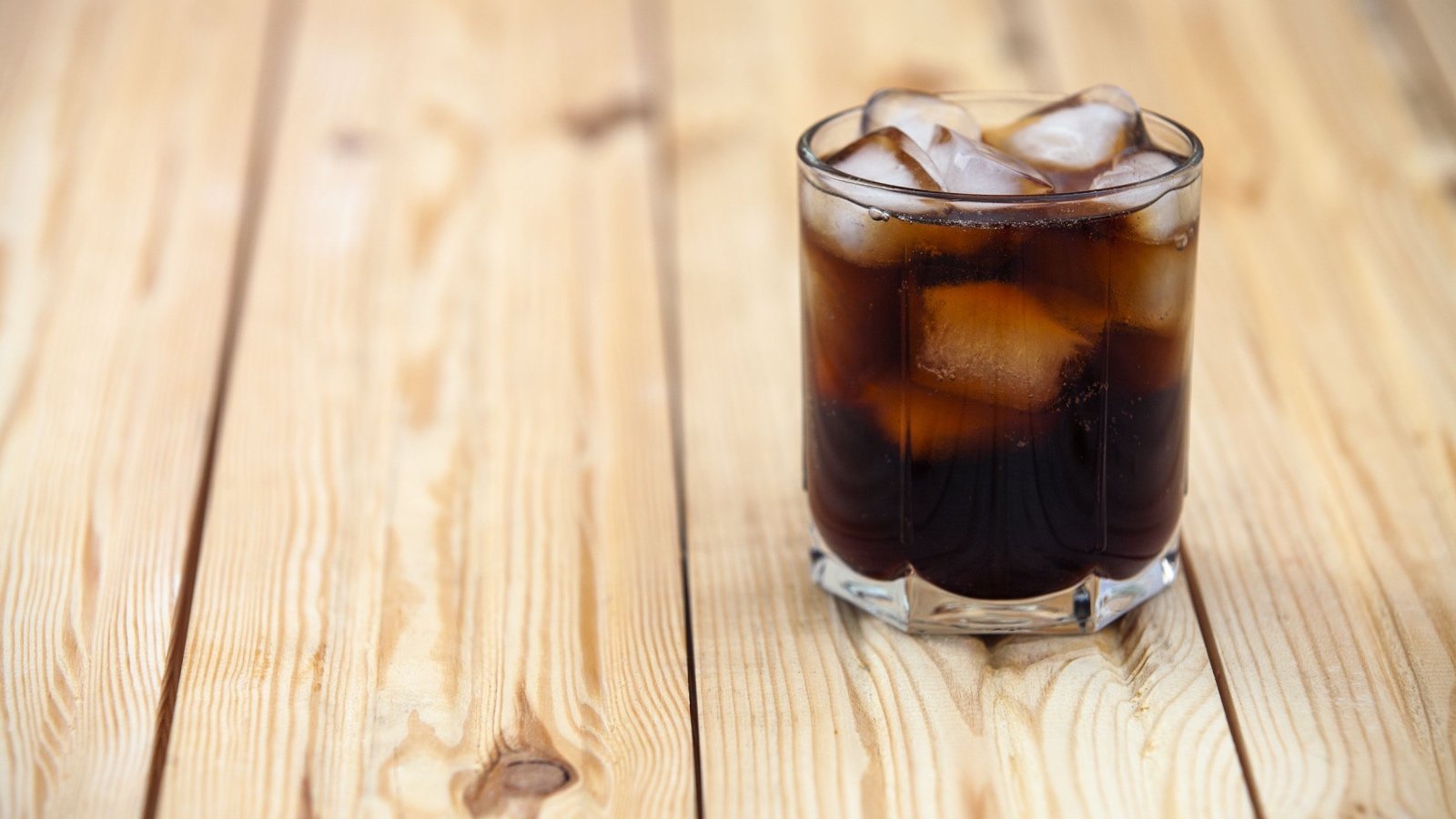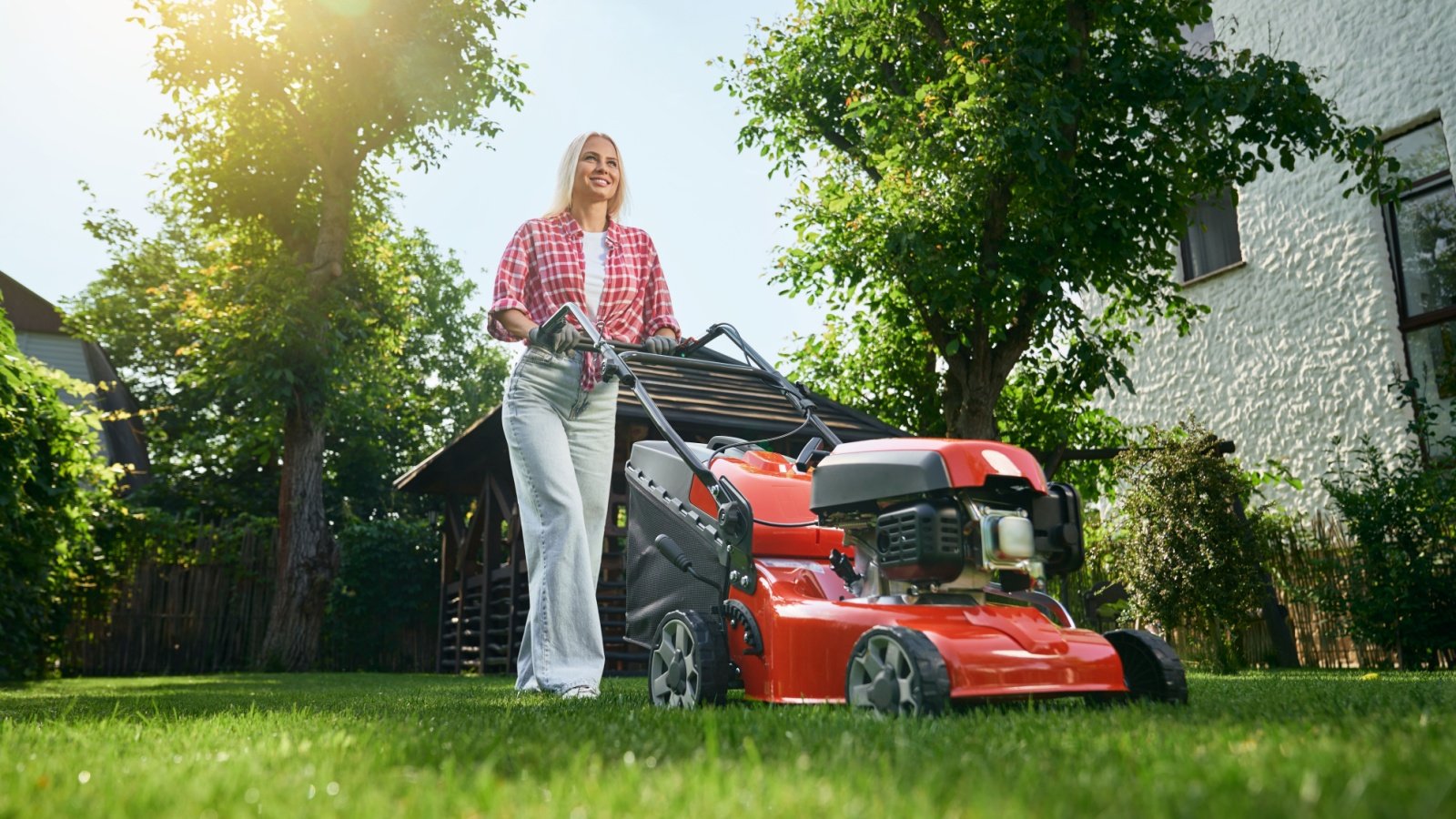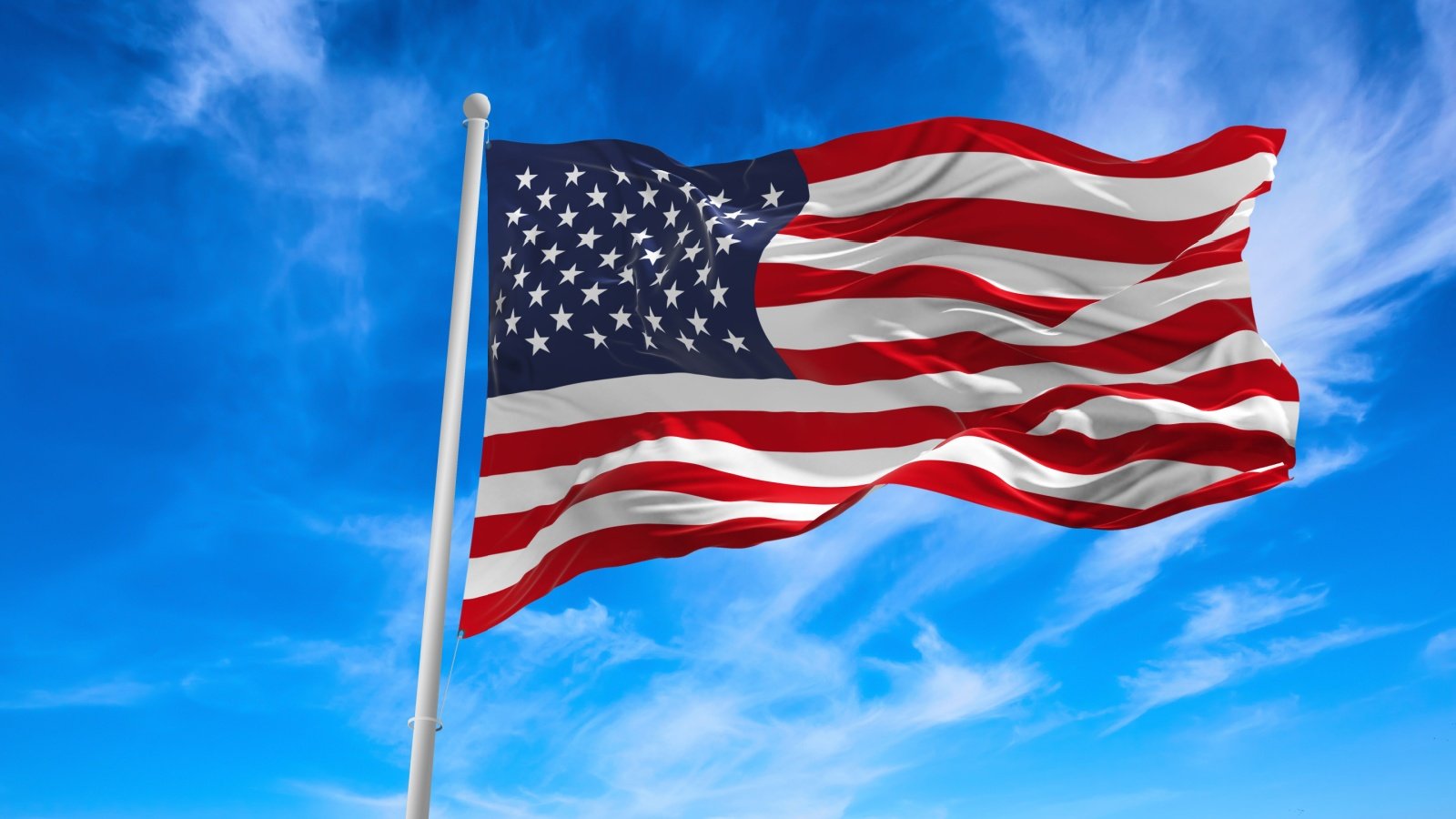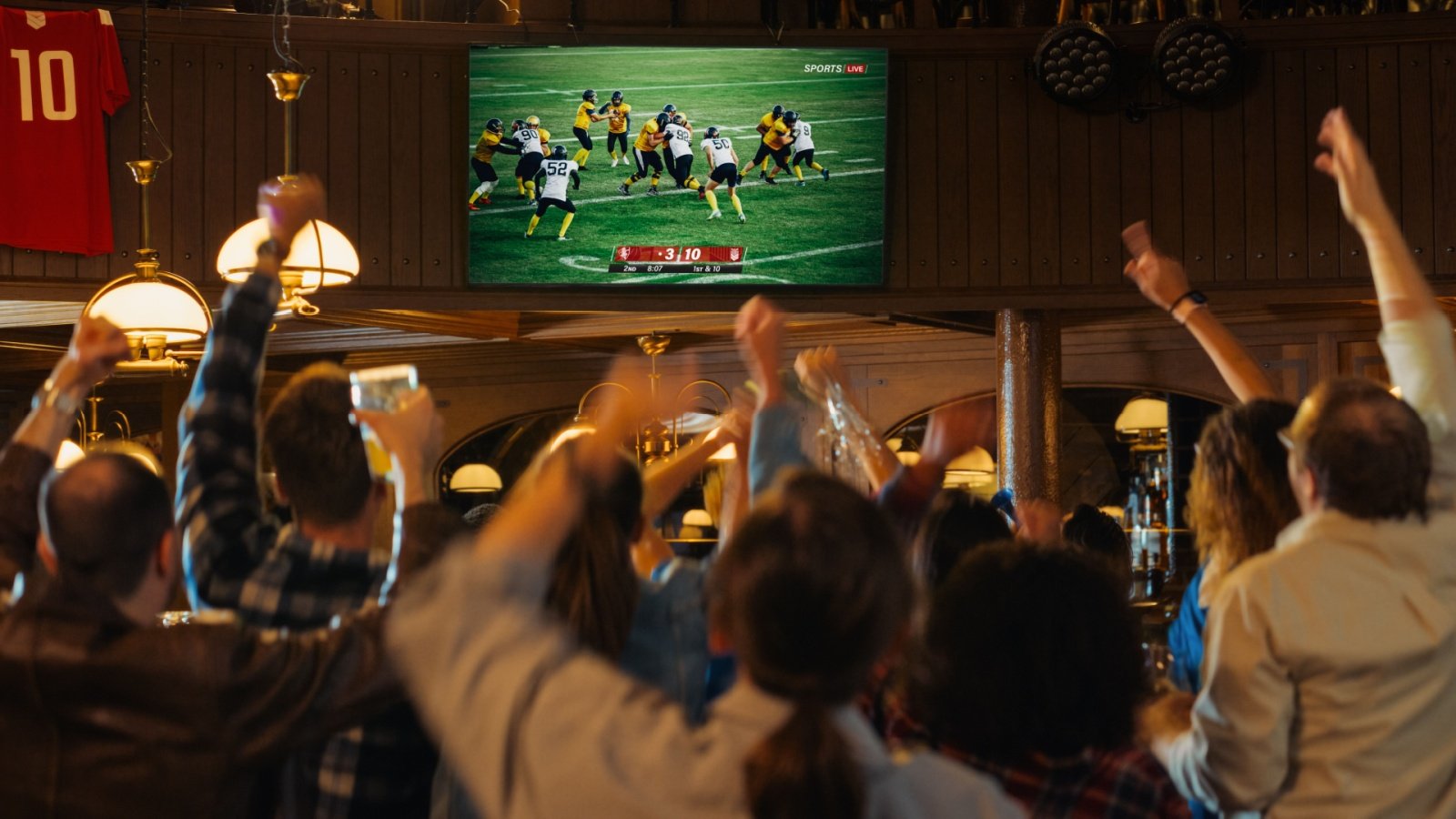In the good ole U.S. of A., where there’s a Starbucks on every corner and a drive-thru for almost anything, convenience is king and the hustle never stops. To foreigners, American customs can be quite perplexing. Let’s look at the unique traditions and practices that define the United States but often baffle outsiders.
Shoes Inside

In many cultures, wearing shoes inside the home is seen as unhygienic and disrespectful. Americans, however, often keep their shoes on indoors, which shocks visitors from countries like Japan or Sweden, where shoes are removed at the door.
Tipping

Tipping in the U.S. is expected, with tips often reaching 15-20% of the bill. In contrast, many European and Asian countries either include service charges in the bill or consider excessive tipping unnecessary.
Ice in Drinks

Americans are known for their love of ice-cold beverages, often filling glasses to the brim with ice—a habit that puzzles many from colder climates or places like Europe where drinks are served mildly chilled. This penchant for iced drinks stems from the availability of ice in the U.S. since the early 19th century, making it a standard in every drink from water to soft drinks.
Food Portions

Portion sizes in American restaurants can be shockingly large compared to those in other countries. This practice reflects the U.S. culture of abundance and value for money, which is often interpreted as wasteful by visitors from places where modest portions are the norm. The super-sized culture extends to packaged foods and drinks as well.
Prescription Drugs

In the U.S., it’s common to see TV ads promoting prescription drugs, complete with lists of potential side effects. This is unusual for people from countries like the UK or Canada, where direct-to-consumer pharmaceutical advertising is banned or strictly regulated.
Standing Ovations

Americans are known to give standing ovations at many public events, a practice that is much less common elsewhere. This enthusiastic form of appreciation can seem excessive to foreigners who are used to more subdued applause.
Baby Showers

The concept of a party exclusively to celebrate the impending arrival of a baby, complete with games and gift-giving, is predominantly an American tradition. In many other cultures, the birth of the baby is the primary event for celebration and receiving gifts.
Coffee to Go

In America, it’s common to see people walking around with disposable coffee cups. In contrast, other countries savor coffee as a beverage that is enjoyed slowly, often in cafes. The American coffee culture is one of convenience and mobility, mirroring the fast-paced lifestyle.
Sweet Breakfasts

Americans often start their day with sugary cereals, pancakes, or pastries, a stark contrast to the savory breakfasts common in other parts of the world. This preference for sweet starts to the day can be puzzling to those from countries where breakfast is more likely to include rice or fish.
Personal Space

Americans generally value a large amount of personal space, especially when compared to cultures in Latin America or Asia. This preference can lead to misunderstandings in social situations where physical closeness is customary.
Jumbo Sizes

In the U.S., it’s common to order soft drinks, coffees, and even alcoholic beverages in sizes that far exceed the standard elsewhere. The availability of ‘supersized’ drinks, often at a value price, caters to the American preference for large portions but can seem excessive to foreigners.
Medications

Americans have access to a wide array of medications, including many that are available over the counter without prescription. Visitors from countries with more stringent pharmaceutical regulations often find the American approach to medication access surprising.
Smiling

Americans often smile at strangers in public places, a gesture of friendliness that can be disconcerting to people from more reserved cultures. This habit of offering a smile as a polite acknowledgment is deeply ingrained in American social etiquette.
Refill Culture

In the U.S., many restaurants offer free refills on soft drinks, a practice that is almost unheard of in other countries. This can seem like a generous gesture to Americans but is often viewed as encouraging overconsumption to visitors. The refill culture extends into other areas such as large servings of popcorn at cinemas and bottomless fries at fast-food chains.
24/7 Shopping

The availability of 24-hour stores and services is a hallmark of American consumer culture. While convenience stores are common worldwide, the extent of round-the-clock access in the U.S., including supermarkets and gyms, highlights an expectation of constant availability.
Yard Sales

The concept of selling used personal items from one’s yard or garage is a distinctively American tradition. This form of secondhand commerce is not only a way to declutter but also a social event. In many other cultures, the idea of inviting strangers to browse personal belongings for purchase is uncommon and may be seen as unorthodox.
Credit Scores

In America, a person’s credit score can influence many aspects of life, from renting an apartment to buying a car. The emphasis on maintaining a good credit score is unique compared to many countries where such systems are either not as developed or emphasized.
Legal Disclaimers

Americans are accustomed to hearing lengthy legal disclaimers and seeing them in advertisements, which is a direct result of the litigious nature of society. This phenomenon often puzzles visitors from countries where legal precautions are less overtly emphasized.
Lawn Care

Maintaining a perfectly manicured lawn is an obsession in many American suburbs, often seen as a sign of pride and community standing. This practice can seem peculiar to people from countries where natural garden aesthetics are preferred or where water conservation restricts such activities.
Gender Reveals

Gender reveal parties, events specifically organized to announce the sex of an expected baby through elaborate themes and spectacles, are a uniquely American phenomenon. While gaining some popularity abroad, the extent and scale of these celebrations are largely unmatched. This trend highlights the American penchant for turning personal milestones into grand social events.
Air Conditioning

The widespread and often aggressive use of air conditioning in homes, cars, and businesses throughout the U.S. is not as common in other parts of the world. In many European countries, for example, air conditioning remains the exception rather than the rule, often due to energy conservation laws or architectural traditions.
Drive-Thrus

Drive-thru services for everything from banking to pharmacy pickups epitomize American efficiency and car culture. While convenient, this practice can be bewildering to visitors from cities where public transportation and walking are the norms.
Excess Decorations

The American tradition of decorating homes extensively for holidays, particularly Halloween and Christmas, goes beyond simple festive spirit into elaborate displays. This can seem excessive to people from countries where holiday decorations are more subdued.
Pledging Allegiance

The practice of reciting the Pledge of Allegiance in schools and at some public events is uniquely American and often misunderstood by those from other democracies. This daily ritual, seen as a sign of patriotism, can be perceived as nationalistic or compulsory to outsiders. The pledge underscores the American emphasis on loyalty and patriotism from a young age.
College Sports

In the U.S., college sports, particularly football and basketball, attract massive followings and media coverage rivaling professional leagues. This fervor for university-level sports is perplexing to people from countries where sports are rarely tied to educational institutions in such a commercial way.








